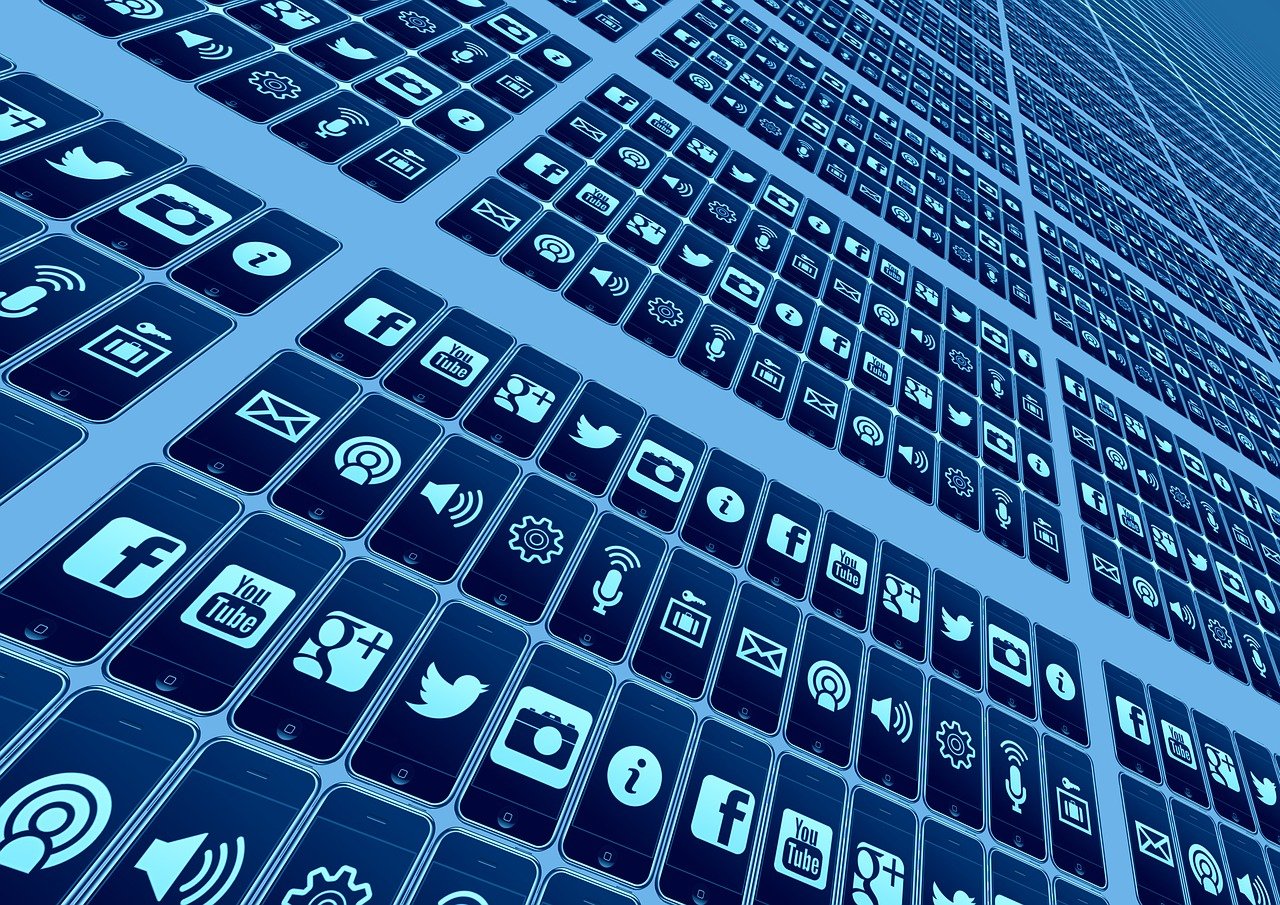
“Human beings do not like to be alone.” On the face of it, this statement about social isolation from CalPoly Pomona sociologist Jack Fong seems obvious. In reality, it is a profound assessment of our collective experience of the COVID-19 pandemic. As communities and countries around the world start to ease social distancing regulations, let us take a moment to consider what we humans have been missing during this history-making time.
The most obvious thing many of us miss is school and work routines. Instead of going to class or the office, we have carved out niches of productivity at our dining room tables, in our bedrooms, or even in our closets. The result is that we often end up doing school or work in close proximity to our families. Sociologically speaking, our primary groups, small-scale, intimate face-to-face, long-lasting associations, and secondary groups, large-scale, impersonal, task-focused, and time-limited associations, have collided. From endless Zoom meetings to home-schooling (or entertaining) kids, indications are that people around the world are stressed by this arrangement.

Not only are we missing the structure of our pre-COVID-19 lives, but we are also missing people. Some of us are social distancing alone and miss our nuclear family, a family consisting of one or more parents and children. Others may miss the interactions with their extended family, a family that has other kin such as grandparents, aunts, uncles, and cousins living in the same household or nearby. Even those with family close at hand may miss peer groups, social groups consisting of members with common interests, social rank, and similar ages. It is worth noting that even before the pandemic, estimates were that 3 out of 5 Americans described themselves as lonely. Let that sink in for a minute. People were lonely even with agents of socialization, individuals, groups, and institutions that influence the attitudes and behaviors of members of society, in place. Even with access to work, school, religious intuitions, and peers, a significant percent of the population was already lonely.
So, what are we missing during the great pandemic of 2020? Isolated in our houses, flats, and apartments, we are missing culture, the socially learned and shared ideas, behaviors, and material components of a society, and we are missing a sense of connection to our society, a large group of people associated by shared culture and institutions. These two things go hand in hand. You can’t have a society without some form of culture among its members, and you can’t have a culture without a society to maintain it. As Dr. Fong stated, we are not meant to be alone. We are meant to experience society. We are meant to interact and exchange culture. If we learn nothing else from this historic time, learning the value of society and culture would be a worthy achievement.
Thompson is a co-owner of UITAC Publishing. UITAC’s mission is to provide high-quality, affordable, and socially responsible online course materials.
Images used in this blog:
- “Woman Having A Video Call” by Edward Jenner is licensed on Pexels. This image has not been altered.
- “Family Gathering for a Group Hug” by August de Richelieu is licensed on Pexels. This image has not been altered.




